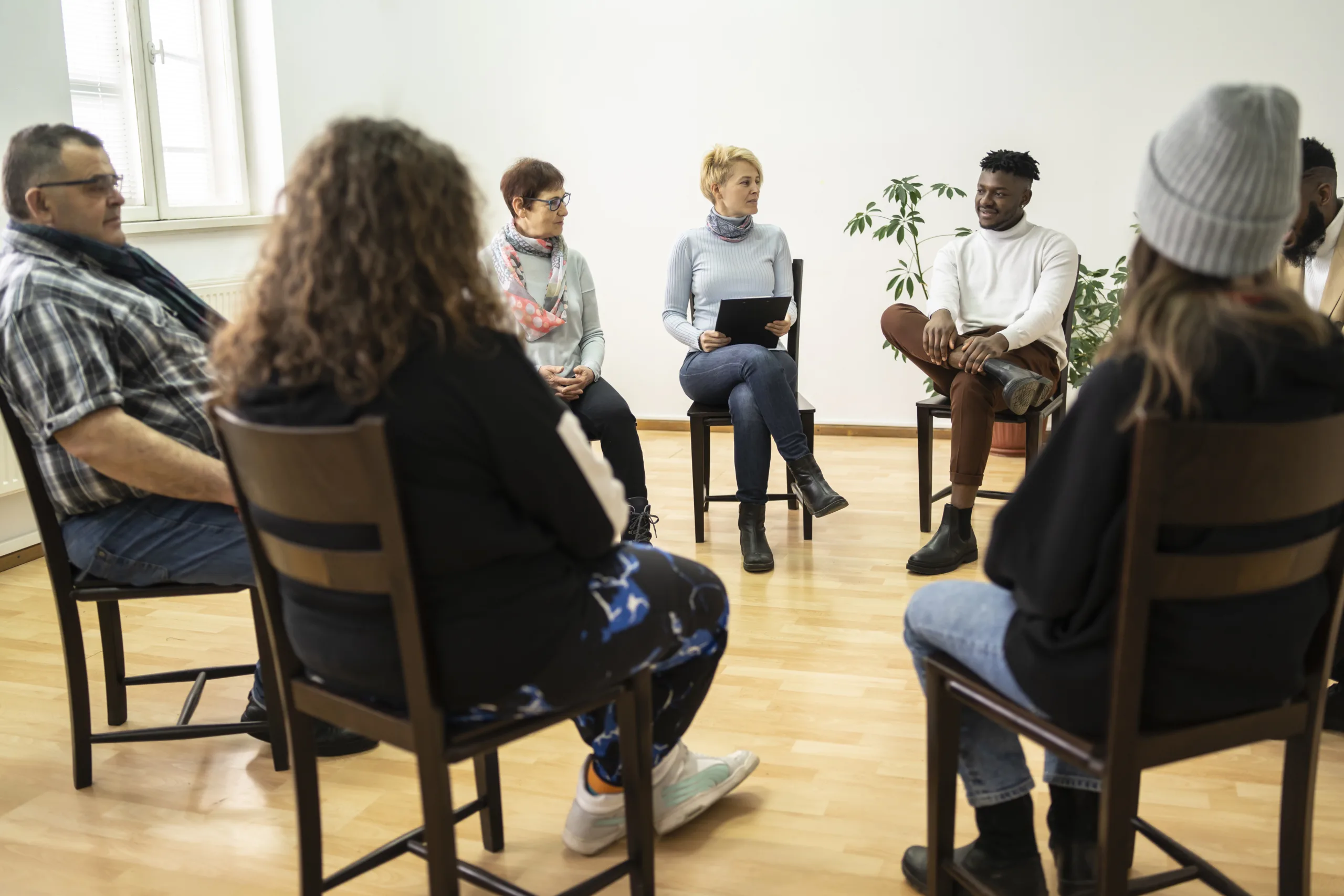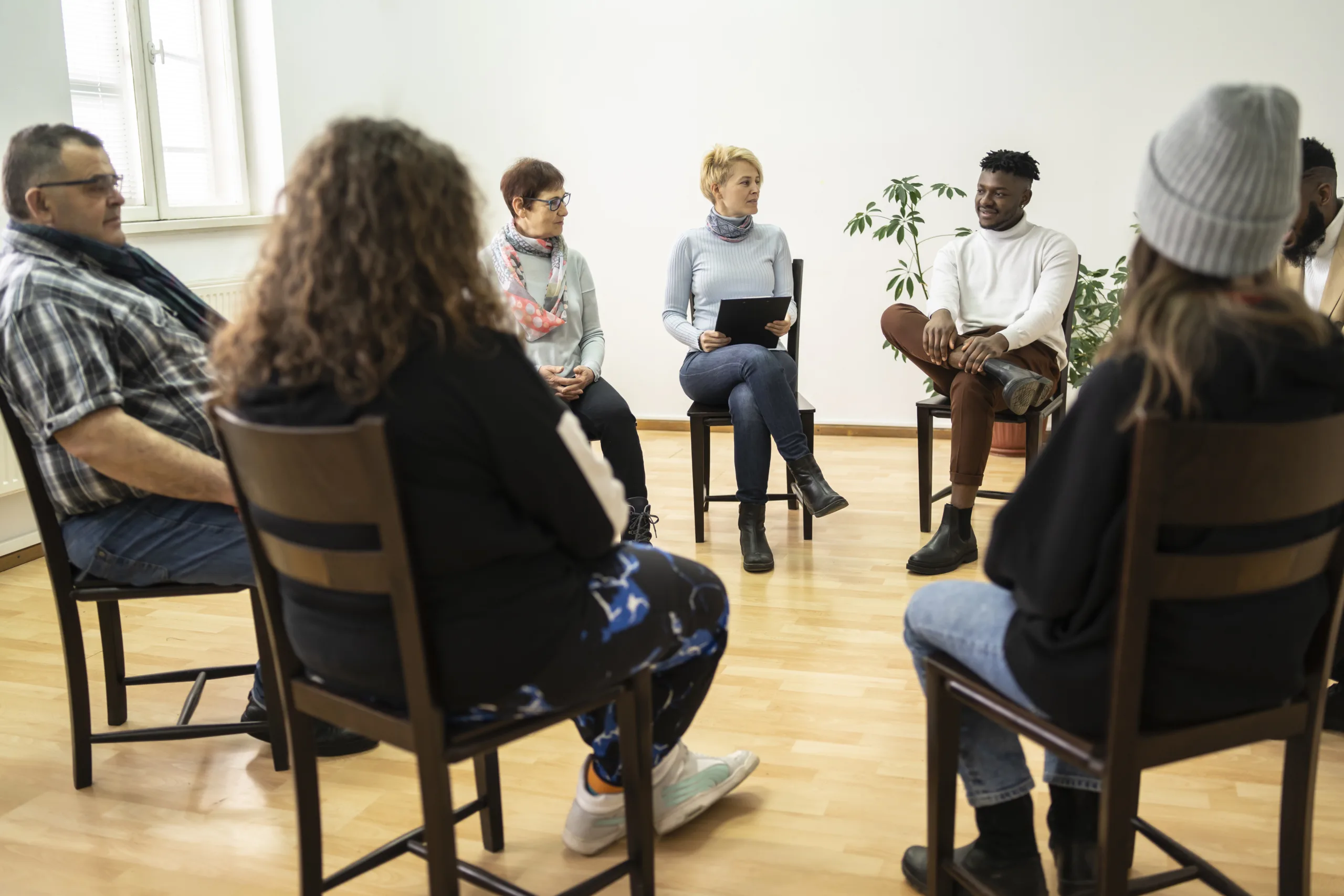24/7 Helpline:
(866) 899-221924/7 Helpline:
(866) 899-2219
Learn more about Residential Rehab centers in Marion County

Other Insurance Options

Access to Recovery (ATR) Voucher

Health Choice

Highmark
Beacon

GEHA

Group Health Incorporated

Sliding scale payment assistance

WellPoint

Kaiser Permanente

MVP Healthcare

UMR

Optima

PHCS Network

Magellan Health

Lucent

Excellus

Health Partners

Providence

United Health Care

BHS | Behavioral Health Systems
















